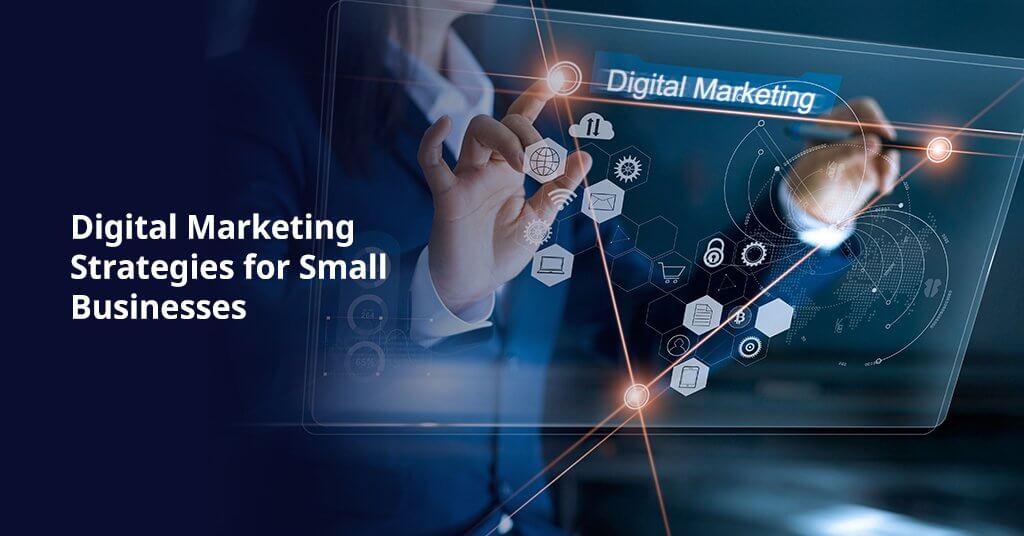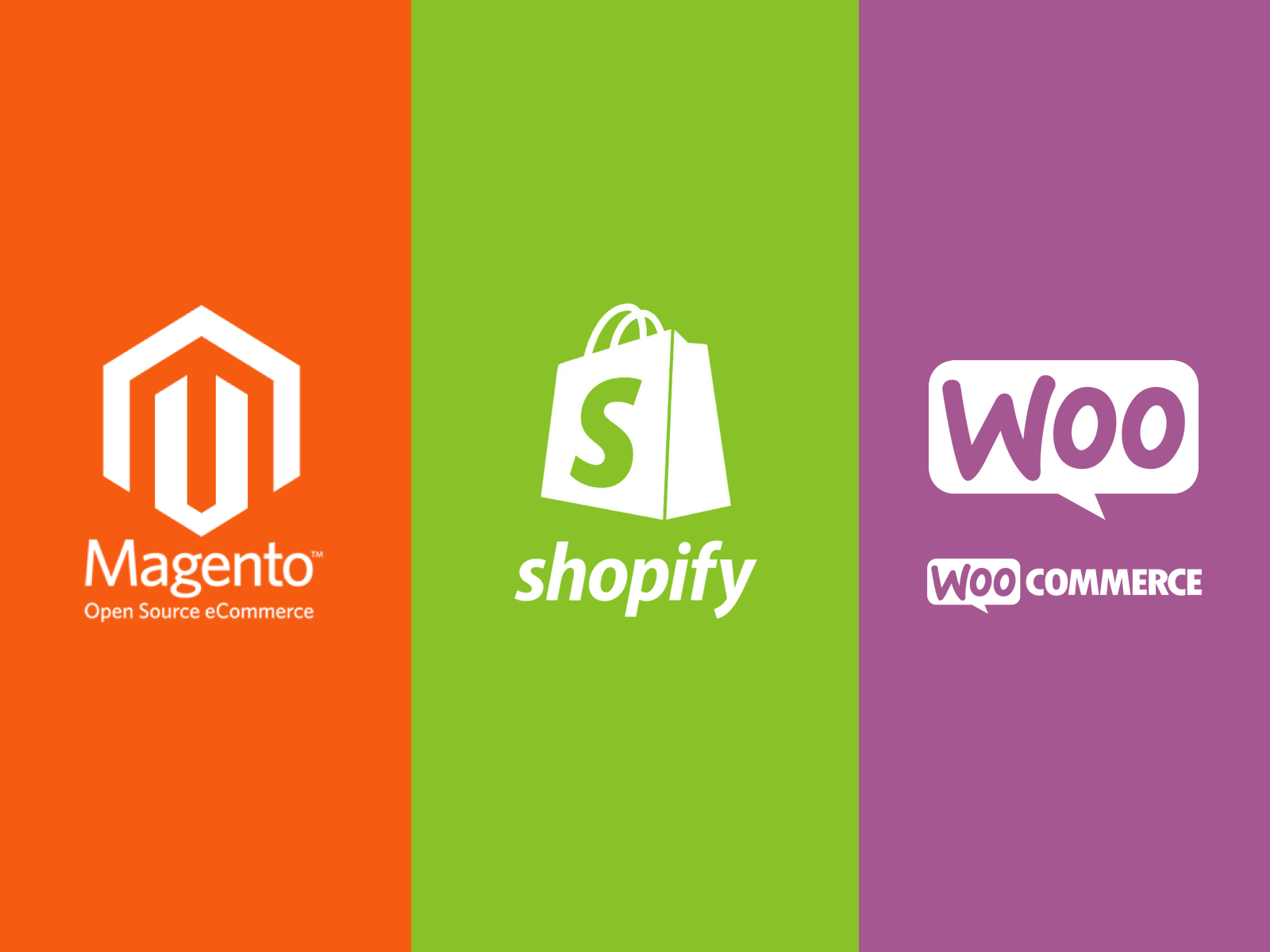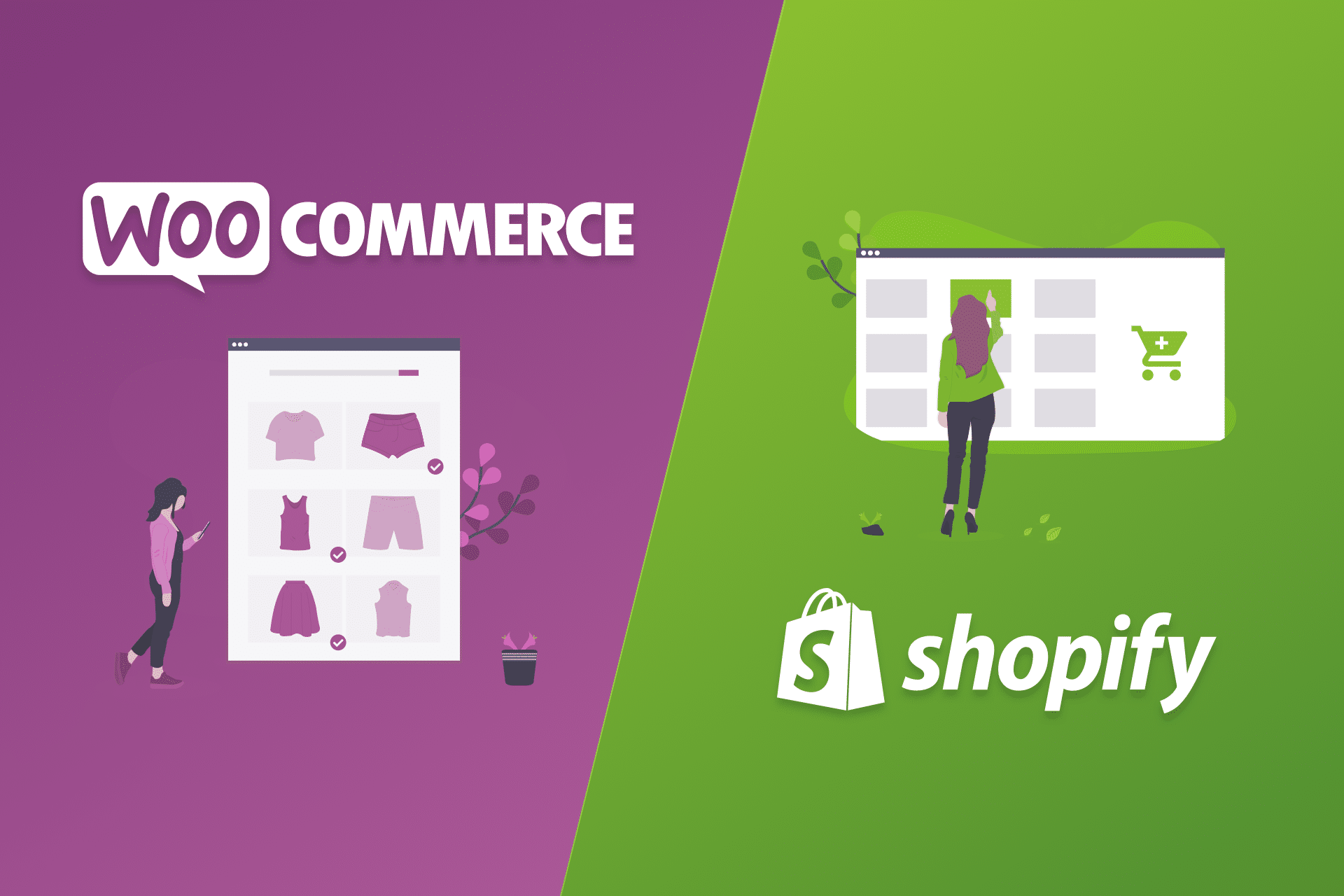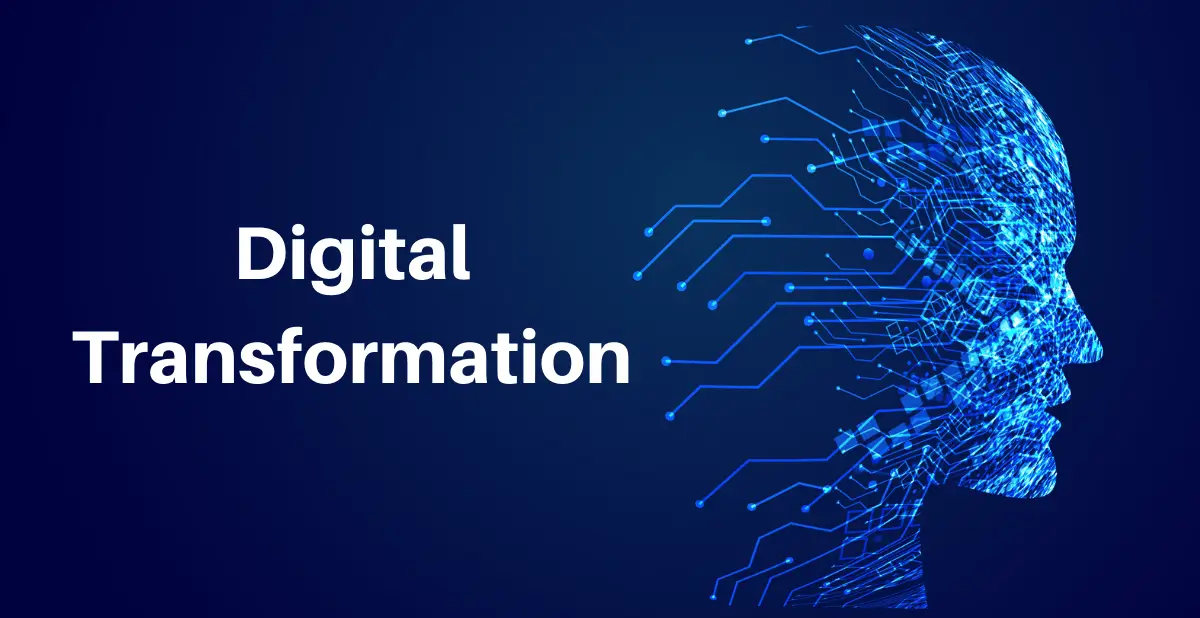In today’s fast-paced digital world, small businesses need more than just a brick-and-mortar presence to thrive. With the right digital marketing strategies, even the smallest of ventures can make a big impact online. Let’s explore five effective strategies to help small businesses unlock their full potential in the digital realm.
Know Your Audience Inside Out
Understanding your target audience is the cornerstone of any successful marketing campaign. Take the time to research and analyze your audience demographics, preferences, and behaviors. Tools like Google Analytics, social media insights, and customer surveys can provide valuable data to shape your marketing efforts. By knowing your audience inside out, you can tailor your messages and offerings to resonate with their needs and interests.
Build a Strong Online Presence
In the digital age, your online presence is often the first point of contact between your business and potential customers. Start by creating a professional website that reflects your brand identity and showcases your products or services. Optimize your website for search engines (SEO) to improve visibility and attract organic traffic. Additionally, establish a presence on relevant social media platforms where your target audience spends their time. Consistent branding and engaging content will help you build trust and credibility with your online community.
Embrace Content Marketing
Content is king in the world of digital marketing, and small businesses can leverage it to their advantage. Create high-quality, informative, and engaging content that provides value to your audience. This could include blog posts, articles, videos, infographics, and more. By sharing valuable insights, solving problems, or entertaining your audience, you can establish your business as a thought leader in your industry. Remember to optimize your content for relevant keywords to improve search engine rankings and attract organic traffic.
Harness the Power of Email Marketing
Email marketing remains one of the most cost-effective and efficient ways to reach your audience directly. Build an email list of subscribers who have opted in to receive communications from your business. Segment your list based on demographics, purchase history, or engagement levels to personalize your messages and increase relevance. Whether you’re promoting new products, sharing valuable content, or offering exclusive discounts, email marketing allows you to nurture relationships with your audience and drive conversions over time.
Leverage Paid Advertising Wisely
While organic methods are important, paid advertising can help small businesses reach a wider audience and accelerate growth. Platforms like Google Ads, Facebook Ads, and Instagram Ads offer sophisticated targeting options to reach your ideal customers with precision. Start with a modest budget and experiment with different ad formats, targeting criteria, and messaging to see what resonates best with your audience. Monitor your campaigns closely and optimize them based on performance metrics such as click-through rates, conversion rates, and return on investment (ROI).
In conclusion, digital marketing offers a wealth of opportunities for small businesses to thrive in today’s competitive landscape. By knowing your audience, building a strong online presence, embracing content marketing, harnessing the power of email marketing, and leveraging paid advertising wisely, you can unlock success and take your business to new heights in the digital realm.
Remember, consistency, creativity, and adaptability are key to staying ahead in the ever-evolving world of digital marketing. With the right strategies and mindset, your small business can achieve remarkable results and stand out in the crowded digital marketplace.






